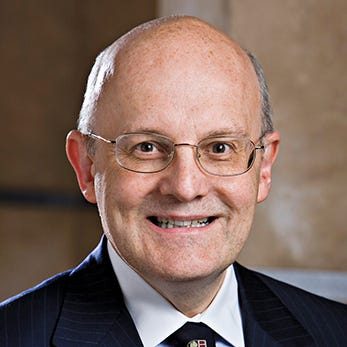
The tools of post-mortem estate planning are typically thought of as alternate valuation,1 disclaimers,2 special use valuation3 and installment payments of the federal estate tax.4 Private Letter Ruling 201947007 (Nov. 22, 2019) illustrates the value of reforming an otherwise nonqualifying charitable bequest provided the requirements under Internal Revenue Code Section 2055(e) are met.
Three Requirements
Before reviewing the conclusions and planning opportunities presented by this PLR, let’s review the three requirements for reformation under IRC Section 2055(e).
1. The remainder interest must be in the qualified form for a charitable remainder annuity trust (CRAT), charitable remainder unitrust (CRUT) or pooled income fund (PIF).5 The inte...
Unlock All Access Premium Subscription
Get Trusts & Estates articles, digital editions, and an optional print subscription. Choose your subscription now and dive into expert insights today!
Already Subscribed?








